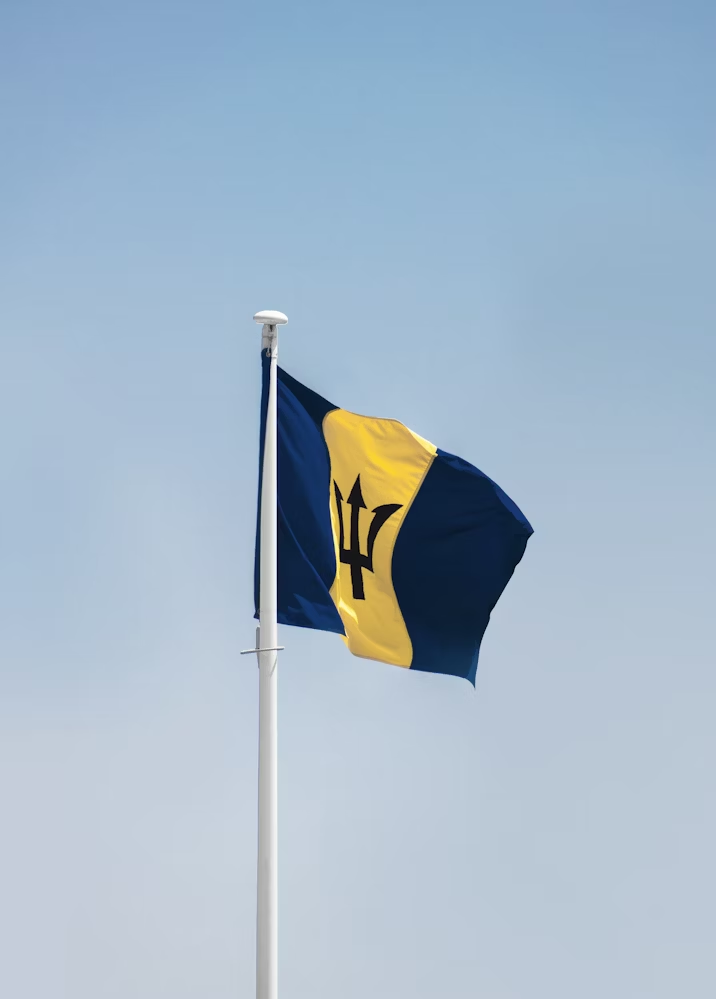On 23 October 2023, in Federal Republic of Nigeria v. Process & Industrial Developments Ltd [2023] EWHC 2638 (Comm), Justice Robin Knowles CBE, of the English High Court, set aside a multi-billion-dollar award against Nigeria on the grounds of serious irregularities arising out of concealment of bribery before and during the arbitration and unlawful obtention of Nigeria’s legally privileged documents.
Justice Knowles set aside the award of the tribunal in the case before him. At the same time, he also found that a party could not rely on such serious irregularities as a defence to enforcement if the party could have discovered and raised them to the arbitration tribunal with diligence. This important legal finding confirms that States confronted with mega-claims must immediately retain counsel who have experience uncovering perjury, fraud and bribery during the arbitration process – and should not wait nor rely on inexperienced counsel to consider these matters.
Background to the P&ID arbitration
In 2010, a small special purpose Virgin Islands company, Process & Industrial Developments Limited (“P&ID”), signed an agreement with the Federal Republic of Nigeria (“Nigeria”) to construct and operate a power plant in Nigeria using natural gas. As described by Justice Knowles in his judgment, the contract was a relatively barebones one. It lacked commercially complex terms and imposed significantly one-sided obligations on Nigeria. This included a unilateral obligation to make gas deliveries absent even the actual design and construction of the plant or procurement of its site. Unbeknownst to Nigeria at the time, the contract had been obtained by bribing Nigeria’s legal representative who was negotiating its terms.
When Nigeria failed to deliver the gas, P&ID initiated a claim for repudiatory breach of contract with full contract damages, totalling billions of dollars. During the arbitration process, at least one P&ID witness testified about the negotiation of the contract but omitted to mention that the contract’s terms had been secured by bribery and corruption. Also, as unknown to Nigeria at the time, legally privileged advice from Nigeria’s lawyers was routinely forwarded to certain of P&ID’s counsel (who also stood to gain substantially from an award) and also to P&ID representatives. As Justice Knowles found, the same Nigerian legal representative who had been bribed during the contract negotiation was also continuously bribed during the arbitration, in order to ensure the bribery was not disclosed during the arbitration process.
The tribunal also was never made aware of any of the bribery nor of the claimant’s illegal obtention of privileges documents. Nigeria does not appear to have raised bribery or the possibility of perjury in the arbitration. The tribunal proceeded to award the claimant over USD 6.6 billion, with interest.
Thereafter, P&ID sought to enforce the award, including in London, the seat of arbitration. Only at this stage, Nigeria began both a series of Nigerian investigations and international judicial proceedings, including in London and New York, to obtain evidence to support its efforts to resist the award. Those investigations and the disclosures in those proceedings uncovered, inter alia, the bribery and unlawful access to privileged documents described above.
Justice Knowles interprets Section 73 of the UK Arbitration Act to require a State to investigate bribery and corruption with diligence or risk waiving the defence
In his judgment, Justice Knowles set aside the arbitration award under Section 68(2)(g) of the UK 1996 Arbitration Act, finding that it had been procured through the serious irregularities of perjury by omission (failure to disclose the bribery), bribery during the arbitration and unlawfully obtaining privileged documents.
Nevertheless, Justice Knowles rejected the suggestion that, under English law, a party could resist enforcement of the arbitration award on the grounds of fraud and other irregularity at any stage it was discovered, even if the irregularity could have been uncovered earlier with diligence but was not presented to the tribunal. Instead, under section 73 of the 1996 Arbitration Act, he stated that a party waives its right to assert a serious irregularity under section 68 unless it “could not with reasonable diligence” have also presented the grounds to the tribunal.
In the case before him, Justice Knowles found that Nigeria could not with reasonable diligence have discovered the bribery and the illegal obtention of its privileged documents. He found that the questionable nature of the contract, plus advice from an English solicitors’ firm to consider such an investigation as a matter of course, were not sufficient circumstances to require Nigeria to have investigated the contract for bribery – much less for the illegal obtention of its privileged documents.
However, had circumstances been even slightly different, it may well have been that Nigeria could not have defended itself from this ill-gotten billions-of-dollars arbitration award due to a lack of diligence during the arbitration.
Justice Knowles’s ruling confirms that States must follow counsel’s advice to investigate potential defences to enforcement during the arbitration – and not wait until later, when it may be too late
Justice Knowles’s key legal finding – that the duty of diligence applies to serious irregularities like bribery, corruption and fraud – should not only be understood as an issue of English statutory interpretation. Instead, it is a principle that might apply in many other jurisdictions (albeit not all of them). It should therefore guide the conduct of States in other arbitrations.
As a matter of ethics and ensuring a State retains credibility, no State should reflexively raise fraud and corruption as a defence in every arbitration without cause. Such allegations should only be made on a firm evidentiary foundation. However, discovering and revealing that evidentiary foundation can be an intensely difficult exercise. That exercise requires experienced and knowledgeable counsel who understand these bad faith tactics and how to respond to them.
As is a matter of public record, Volterra Fietta lawyers, including Robert Volterra, uncovered the most significant public instances of fraud by a party in international law – the frauds put forth to the International Court of Justice in the Bahrain v Qatar dispute and Qatar v UAEprovisional measures application. Albeit currently confidential, in the last few years, Volterra Fietta has uncovered significant levels of fraud, bribery and corruption in numerous other arbitration proceedings involving claims and awards for hundreds of millions and billions of dollars. Volterra Fietta lawyers have also been involved in multiple cases where opposing counsel or parties tried to obtain or obtained access to privileged strategy documents, including through sophisticated hacking schemes.
Parties should seriously consider only hiring similarly experienced counsel in any mega-arbitration, in order to preserve their most essential defences. If a party fails to hire experienced counsel, it may fall into the risk explained by Justice Knowles at the end of his judgment. This is the risk that that counsel’s and a party’s failure of diligence may make:
[a]rbitration as process . . . less reliable, less able to find difficult but important new legal ground, and more vulnerable to fraud. The present case shows that having (as here) a tribunal of the greatest experience and expertise is not enough. Without reflection, then a case such as the present could happen again, and not reach the court.
For further information about these developments, please contact Robert Volterra (robert.volterra@volterrafietta.com) or Gunjan Sharma (gunjan.sharma@volterrafietta.com).



